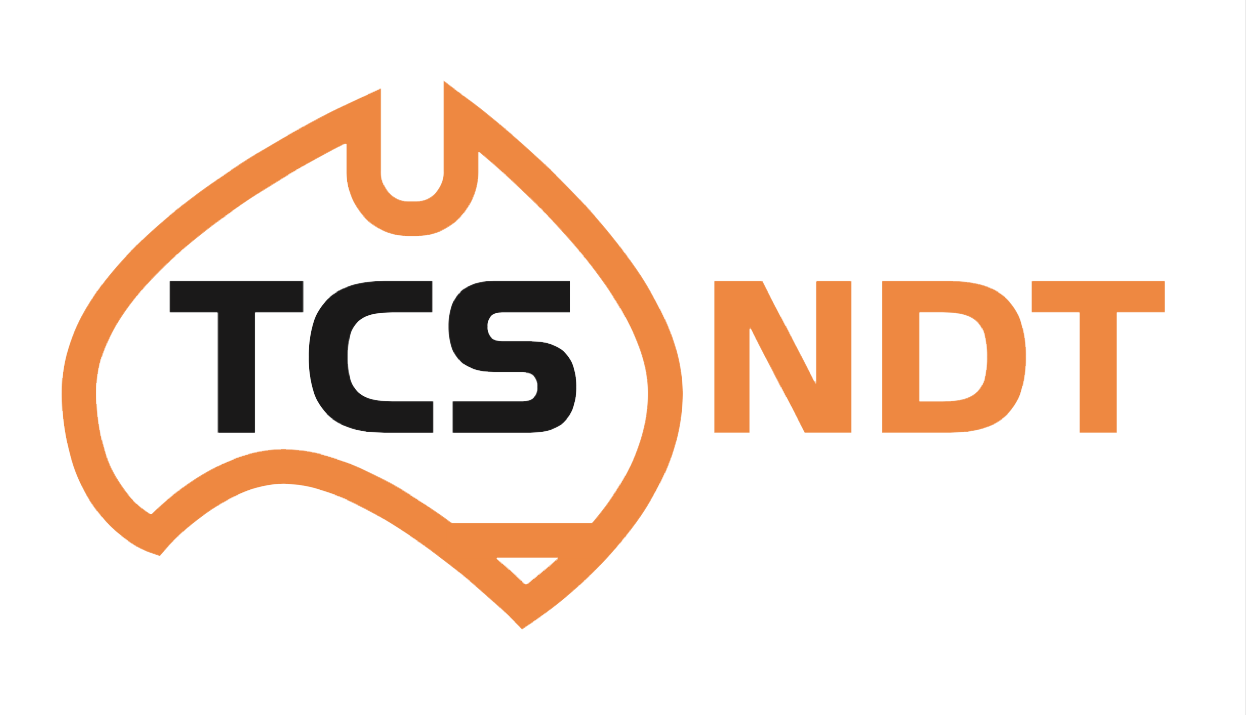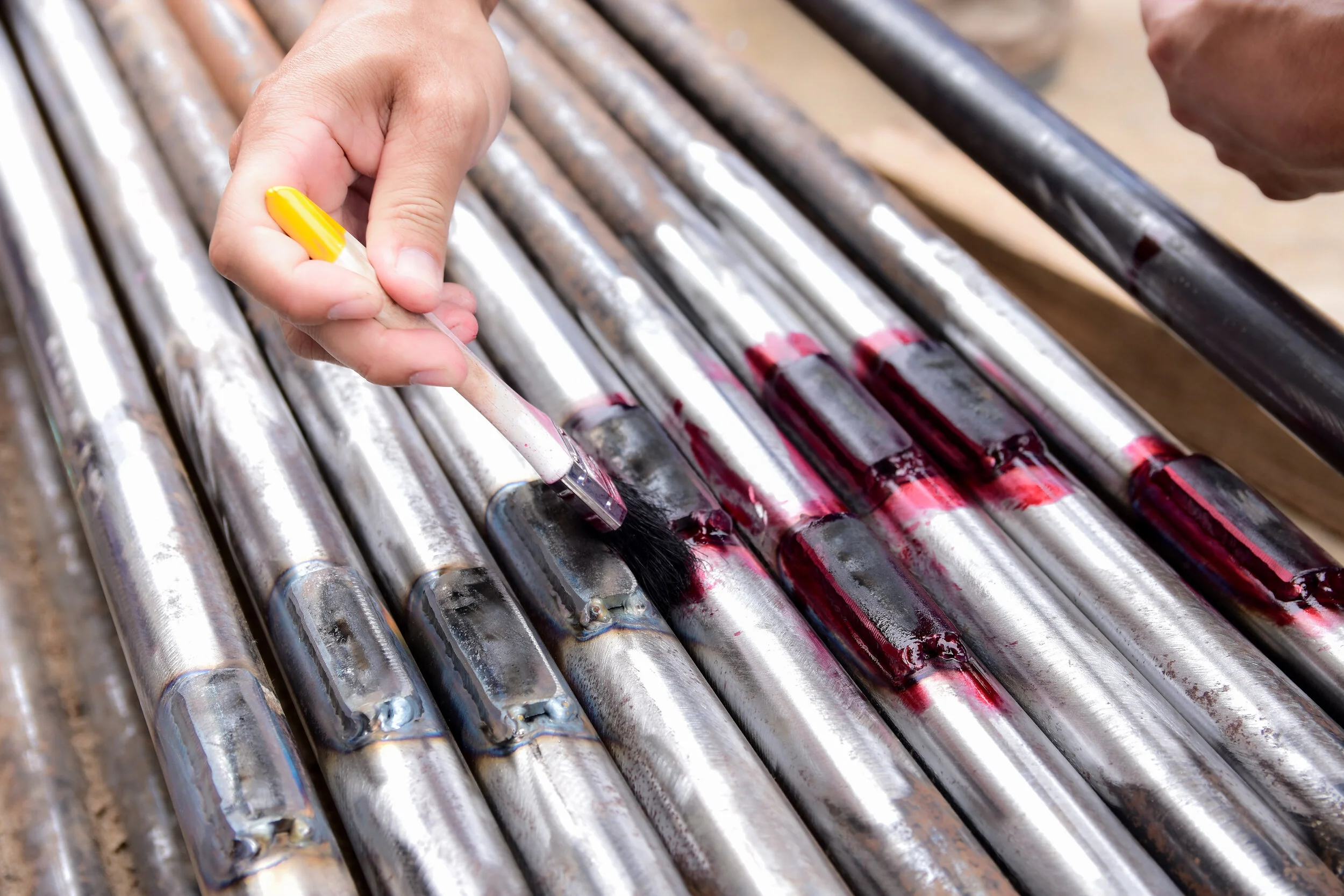Dye Penetrant Inspection Course
About Dye Penetrant Testing
Liquid Penetrant inspection is one of the oldest forms of Non Destructive Testing. It is used to locate flaws which are open to the surface. With penetrant testing method, the component is coated with a visible or fluorescent dye solution and left to soak (dwell). Afterwards, the excess dye is removed and the developer, which acts as a blotter, is applied which assists in drawing penetrant out of imperfections open to the surface.
Fluorescent Penetrant Inspection
With training samples to practice the various techniques of penetrant testing and extensive theory notes, this course covers all the training requirements for certification.
Penetrant Testing Level II
40 Hours Course
What this course covers:
Dye Penetrants and Chemistry Terminology Basis
Inspection Equipment, Calibration and Checks
Techniques Steps and Selection
Materials, Defect Detecting and Reporting
Understanding Written Instructions
Product Technology and Processes
Plus More.
Recommended Course Prerequisites
Basic Literacy Skills
Basic Language Skills
Product Technology and Processes
While not essential, as the course notes do cover all required areas, reading some of the below literature might help provide additional knowledge, and are generally available in reference libraries:
Materials and Processes for NDT Technology. ASNT
Penetrant Testing: A practical guide. D Lovejoy. Chapman & Hall
Liquid Penetrant Testing Classroom Training Book, ASNT.
See our knowledge section to try examples of the typical question and problems that you will encounter during the course.
Liquid Penetrant Examinations
We provide examinations for Liquid Penetrant Testing, including PCN examinations to levels 1 & 2
Level 1
The PT Level 1 examination: general theory paper, specific paper, and a practical exam.
The options for PT Level 1 examinations are:
Initial Candidate
Resit (Theory)
Resit (Practical)
Recertification
Level 2
The PT Level 2 examination: general theory paper, specific paper, and a practical exam.
The options for PT Level 2 examinations are:
Initial Candidate
Resit (Theory)
Resit (Practical)
Recertification
For more information regarding certification and examination, contact our office or see our certification page


